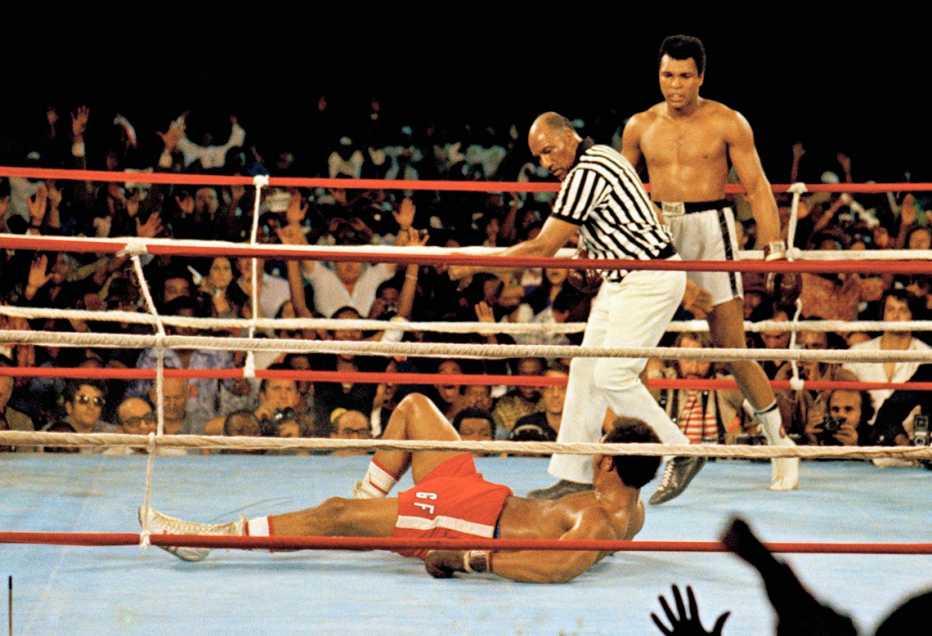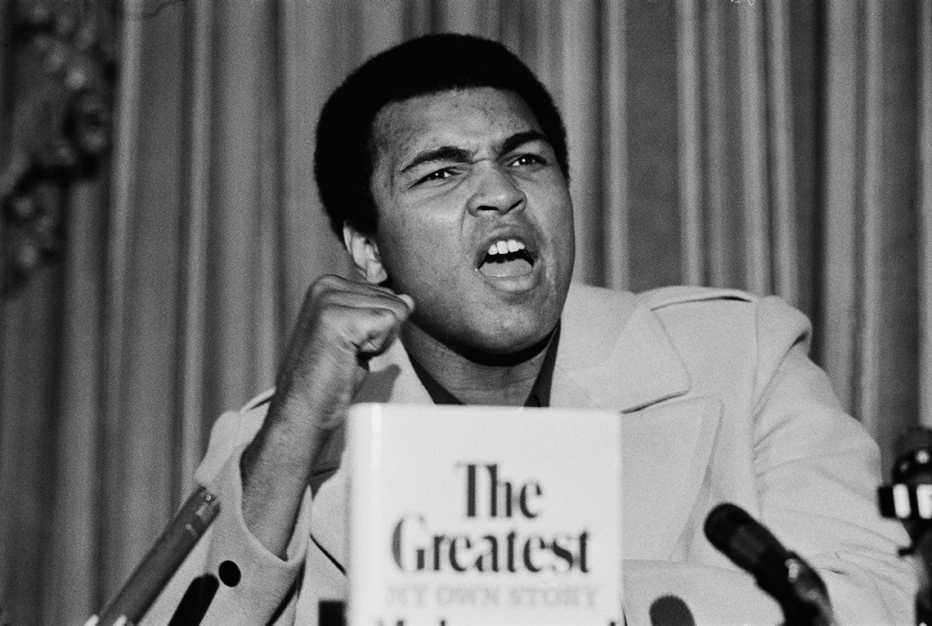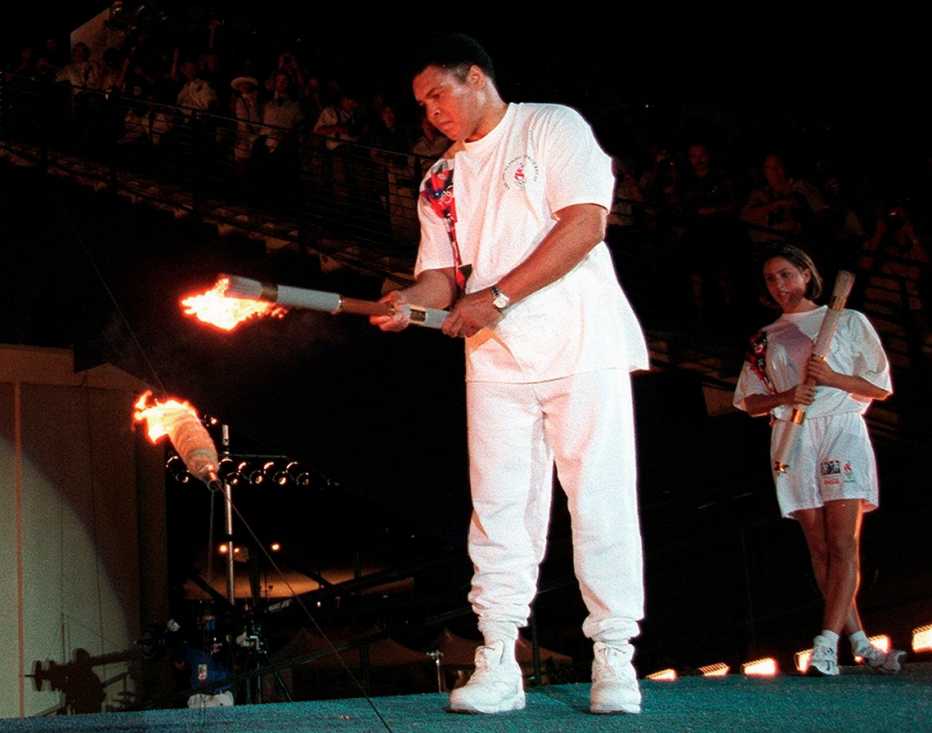AARP Hearing Center
Following the success of his three-part series Hemingway in spring 2021, Emmy-winning documentarian Ken Burns, 68, returns with a new show about an equally compelling and complicated 20th-century man: Muhammad Ali. The eight-hour docuseries premieres on PBS on Sept. 19, and before you tune in, check out our list of the many ways the heavyweight champion changed conversations about race, religion, politics and, of course, sports in America.
1. He was a heavyweight known as much for his style as his strength
"Float like a butterfly, sting like a bee” was more than a catchphrase for Ali — it was a perfect summation of his one-of-a-kind boxing style. Early in his career, commentators didn't quite know what to make of him. Rather than relying on pummeling punches like other heavyweights, he was as light on his feet as a ballerina, dodging hits and dancing around the ring with his patented “Ali shuffle.” He kept his hands low to bait his opponents, tiring them out in the process and then striking like a cobra, with a jab he called the “snake lick.” As Robert Lipsyte wrote in his 2016 New York Times obituary, “Ali was the most thrilling if not the best heavyweight ever, carrying into the ring a physically lyrical, unorthodox boxing style that fused speed, agility, and power more seamlessly than that of any fighter before him."





































































More on Entertainment
Daughters on Fathers: Maryum Ali and Ilyasah Shabazz
Inside the fascinating and fraught friendship of Muhammad Ali and Malcolm XNew PBS Film on Ernest Hemingway Tells All
Ken Burns says you don't have to like the writer to appreciate his artPBS Documentary Looks at Powerful Role of 'The Black Church'
Henry Louis Gates Jr. explores its 400-year influence